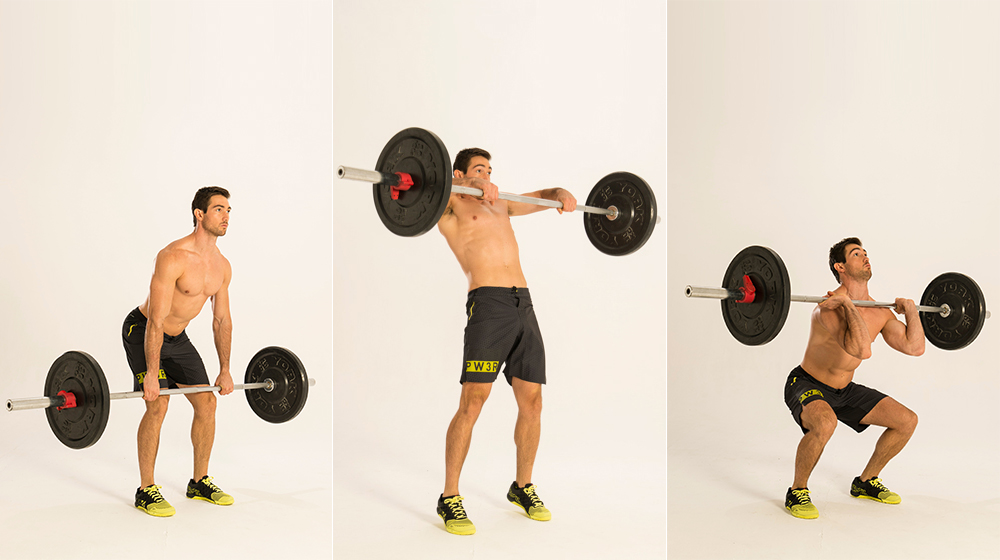Have you ever found yourself randomly cracking your knuckles and hearing that satisfying popping sound?
If so, you’re not alone! According to a study published in the Journal of the American Board of Family Medicine, the prevalence of people who crack their knuckles is estimated to be between 24–54%. The behaviour can become addictive because of the immediate feelings of relief in the joints and increased range of motion it elicits.
The Theory behind the “POP”
According to Harvard Medical School, when the knuckles are cracked, bubbles of air burst in the synovial fluid—this is responsible for lubricating the joints. Pulling the bones apart by stretching the fingers and bending them forward or backward creates a negative pressure which releases the air bubbles trapped in the fluid.
The Link between Cracking the Knuckles and Arthritis/Osteoarthritis
There is a prevalent belief that cracking the knuckles causes arthritis. However, several studies have conclusively proven that this is unlikely.
Nobel Prize winning Dr. Donald Unger researched the effects of cracking knuckles on himself. For over 50 years, he cracked the knuckles of his left hand regularly—but not his right—to observe any differences. The result was conclusive, as he did not develop arthritis in either of his hands.

The Uniformed Services University of the Health Sciences also conducted a study with two groups of people who were divided into ‘knuckle cracker’ and ‘non-knuckle crackers’. The goal of the study was to find out whether the risk of getting arthritis is higher in any particular group.
The results showed that 18.1% of the ‘knuckle cracker’ group developed arthritis and 21.5% of people who didn’t crack their knuckles also developed arthritis. This proves that the chances of having arthritis remain the same whether you crack your joints or not.
Other Concerns Associated With Knuckle Cracking:
Just because you aren’t more likely to get arthritis when you crack your knuckles doesn’t mean there aren’t other concerns associated with this habit.
Studies have linked joint cracking with hand swelling, inflammation, and lower grip strength. Regular knuckle crackers are also at higher risk of functional hand impairment than people who don’t crack their knuckles. Knuckle cracking can also impact the overall strength and health of the hand, including the chances of soft tissue damage.
Contact Our Osteoarthritis Specialists In Toronto!
Sports & Exercise Medicine Institute is home to leading doctors and physiotherapists in Toronto Ontario. The sports medicine and physiotherapy clinic offers expert diagnoses and treatment options for osteoarthritis and other debilitating illnesses, sports injuries, concussions, and post-surgery traumas.
We provide a range of other services as well, such as shockwave therapy and prescription orthotics to enhance the quality of your life and help you deal with acute and chronic medical conditions.
Contact us now to schedule an appointment!






